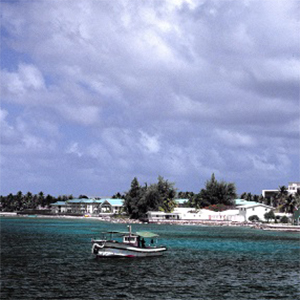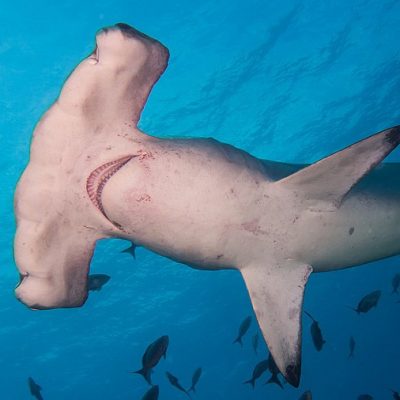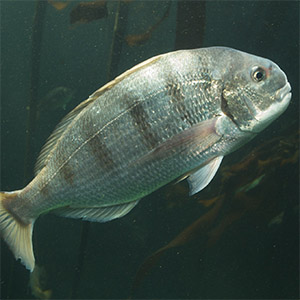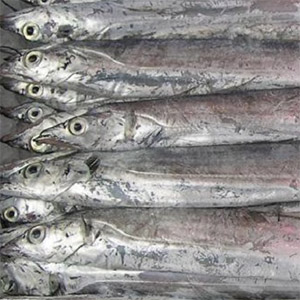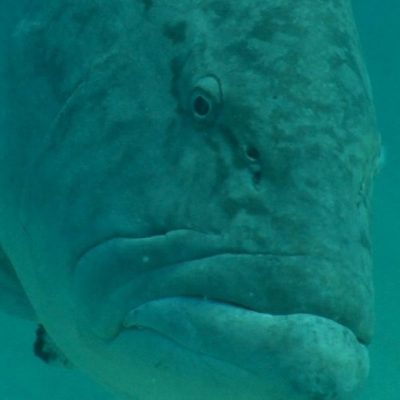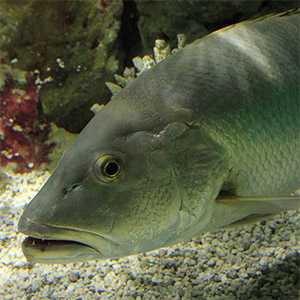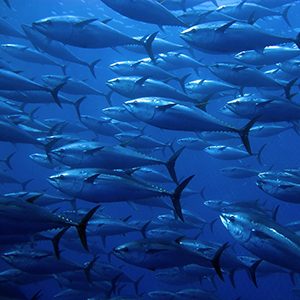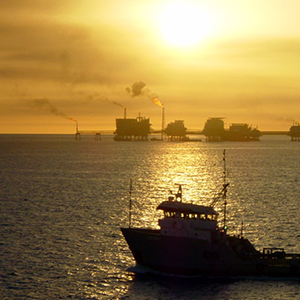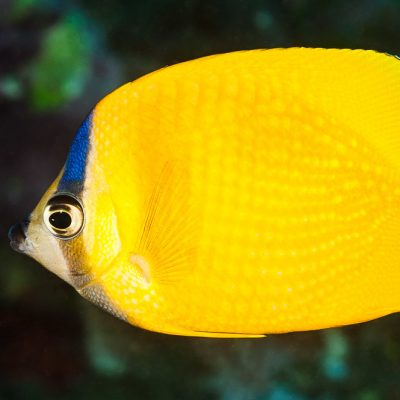Daniel Pauly wins BBVA Frontiers of Knowledge Award
He, and two others, are being recognized for “their seminal contributions to our understanding of the world’s oceans, and their efforts to protect and conserve marine biodiversity and oceanic ecosystem services in a rapidly changing world.”
Climate change-threatened Marshall Islands under-reporting fisheries stats
A new study by Sea Around Us found that total marine fisheries catches were 27% higher over the last 60 years than the data officially reported by the FAO on behalf of the Marshall Islands
Recreational fishers catching more sharks and rays
Recreational catches of these fishes have gradually increased over the last six decades around the world, now accounting for 5-6% of total catches taken for leisure or pleasure.
New assessment method reveals many fish stocks are in urgent need of sustainable management
The new method revealed that several fish stocks across oceans are far below internationally agreed minimum levels and in urgent need of sustainable management.
Popular fish in China would increase in value if caught with larger meshes
Fish that are highly valued by Chinese consumers, such as largehead hairtail, would grow in value and in amounts caught if industrial fisheries increased the mesh size of their nets
Figuring out total human impact on biodiversity
A new methodology for documenting the cumulative human impacts on biodiversity, dubbed EPOCH – for Evaluation of Population Change – was developed by scientists from Europe, Asia, and North America.
Theory explains biological reasons that force fish to move poleward as climate change heats up the ocean
Gill-Oxygen Limitation Theory, known as GOLT, explains the biological reasons that force fish to move poleward when the waters heat-up due to climate change
How sustainable is tuna? New global catch database exposes dangerous fishing trends
Are our current tuna fishing habits sustainable? Probably not, according to a new global database of tuna catches developed by Sea Around Us
New technology allows fleets to double fishing capacity — and deplete fish stocks faster
Mechanisms such as GPS, fishfinders, echo-sounders or acoustic cameras, has led to an average 2% yearly increase in boats’ capacity to capture fish
Fish that follow ‘gourmet diet’ more threatened by climate change
As temperatures rise, they will have difficulties finding the food they prefer and are more likely to disappear as they will not be able to adapt quickly.

